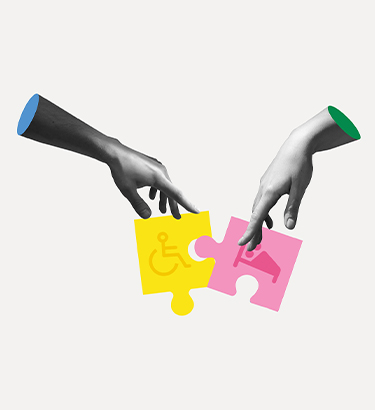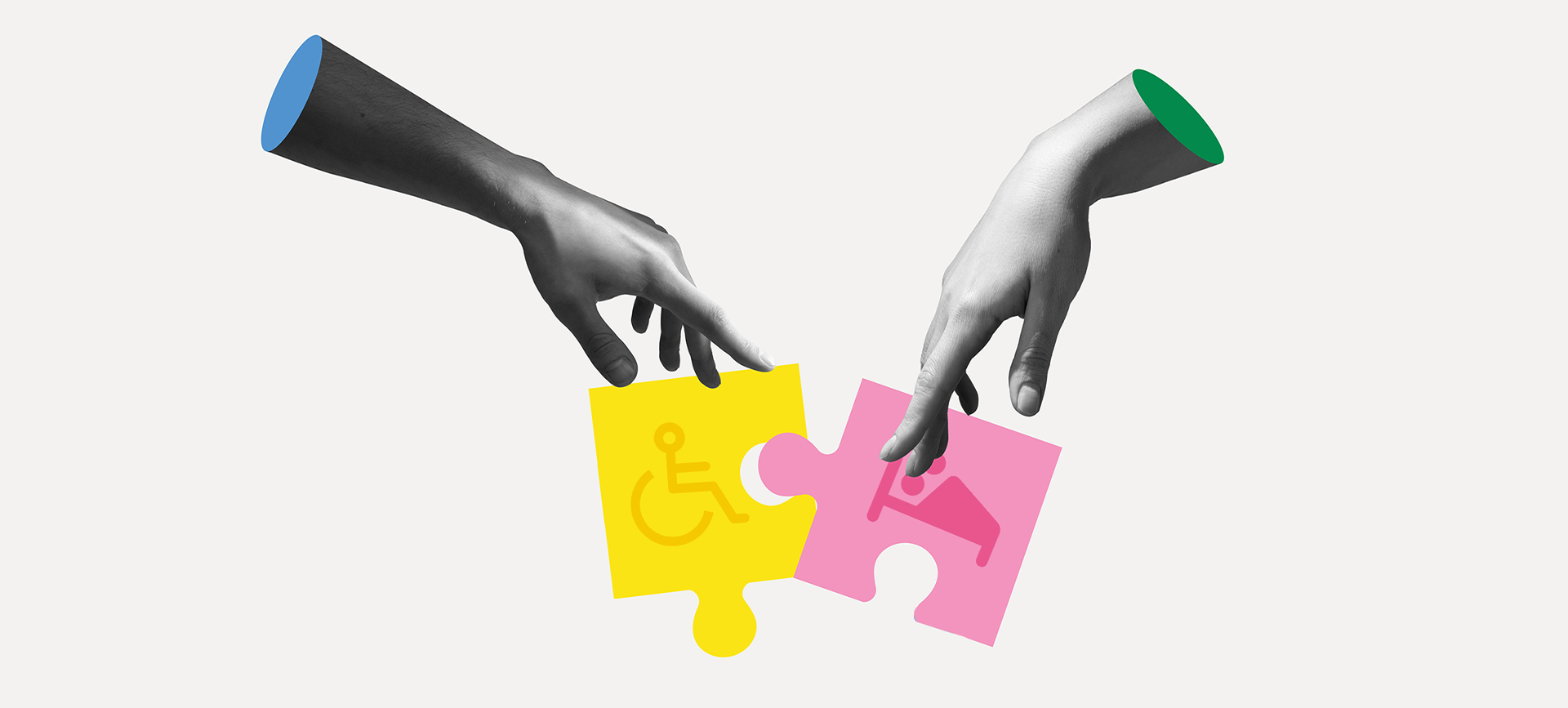School-based sex ed is one of the few reliable sources of sexual health information many young people receive, noted a 2021 report on disability sex ed from the nonprofit organization Sexuality Information and Education Council of the United States (SIECUS). Formal sex education is particularly important for youth with disabilities, who are less likely to receive relevant sexual health information from their parents, healthcare providers or peers, the report stated.
"Instead of receiving sex education from these social sources, [youth with disabilities] report learning about topics like sexually transmitted infections and contraceptives from television/radio, the internet or even pornography," the report read.
This lack of accurate and comprehensive sex ed leaves young people with disabilities vulnerable to sexual victimization or being viewed as sex offenders, according to the report.
In extreme scenarios, people with disabilities find themselves in trouble after crossing a line they were never taught existed, said Kayla McKean, program manager at SexEdVA, a program at James Madison University in Virginia.
"They [could be] ending up in a situation where they could be criminally charged for things that they just didn't know and had never had a conversation about," she explained.
Far more often, however, people with disabilities are victims of sexual assault rather than perpetrators. They are seven times more likely to be abused than their nondisabled peers, noted Adrienne Griggs, innovation and impact coordinator at SexEdVA's Disability-inclusive Sexual Health Network (DSHN).
But beyond the typical negative outcomes associated with poor sex ed—such as abuse, disease or unintended pregnancy—youth with disabilities are also denied the unburdened relationship with their body that all people deserve, according to Melisa Holmes, an OB-GYN in South Carolina, co-founder of the wellness app Girlology, and co-author of "You-ology: A Puberty Guide for Every Body."
"Shame and embarrassment towards your body is one of the biggest negative outcomes of a lack of sexual education," Holmes explained.
Shame prevents many of her disabled and nondisabled patients alike from seeking medical assistance when they need it—or from enjoying sexual activity at all.
"[Shame] undermines our ability to enjoy and appreciate our bodies and how they feel pleasure and how they share experiences with other people," she added.










